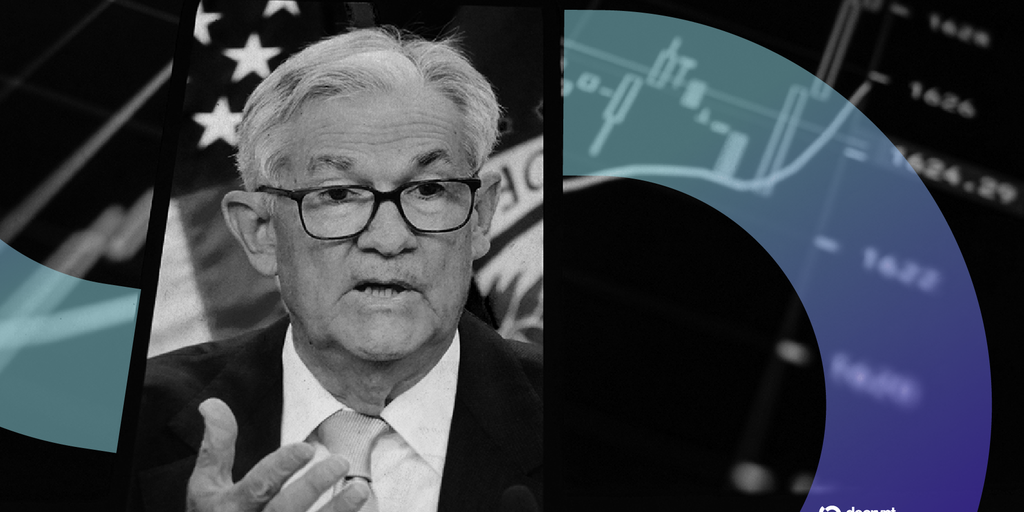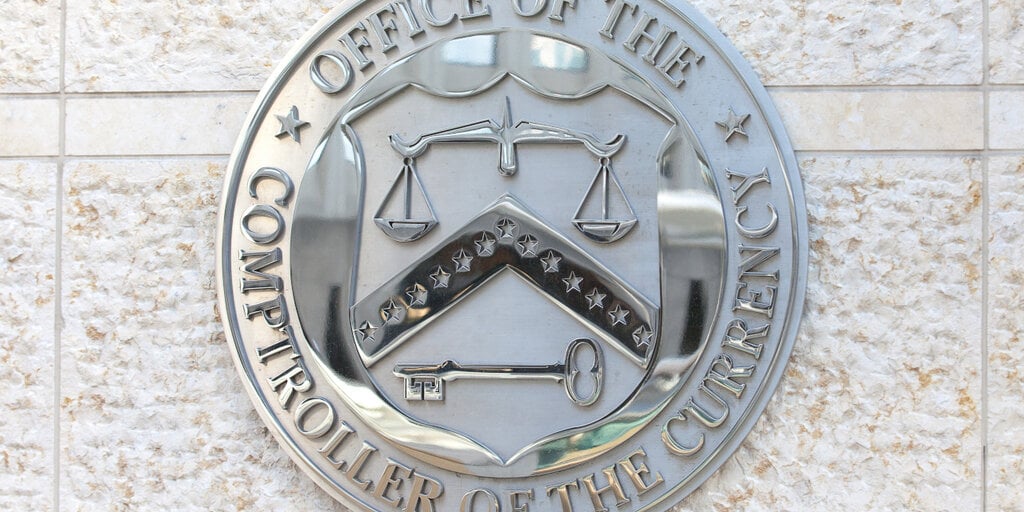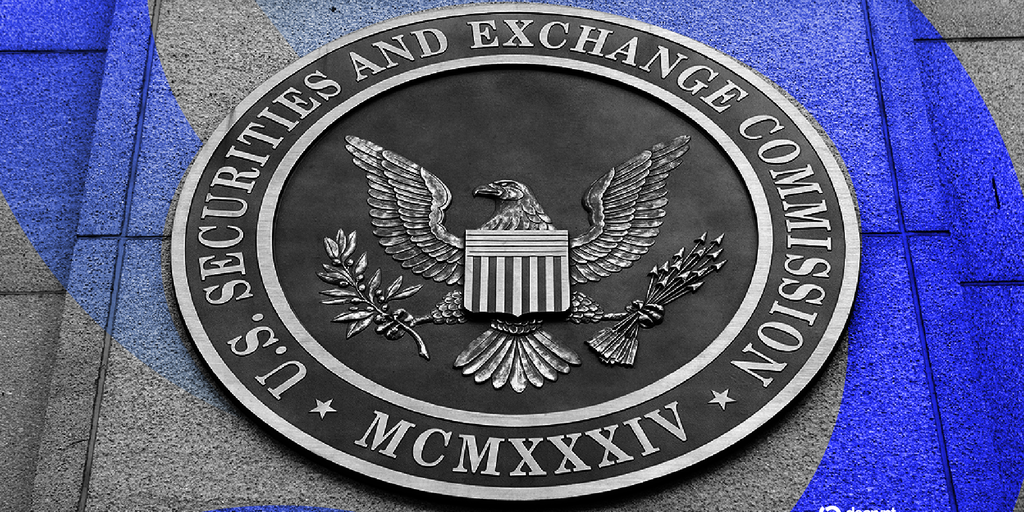
In brief
- The Federal Reserve has ended a supervisory program that monitored banks involved in crypto.
- U.S. banks will no longer face increased scrutiny for offering things like crypto custody or stablecoin services.
- The Fed’s move comes as the regulatory landscape in the U.S. changes under Trump.
The Federal Reserve has ended a supervisory program aimed at monitoring U.S. banks offering crypto services, its board said Friday.
America’s central bank back in 2023 forced banks involved in crypto and other fintech activities to notify the Fed and follow strict guidelines.
“Since the Board started its program to supervise certain crypto and fintech activities in banks, the Board has strengthened its understanding of those activities, related risks, and bank risk management practices,” the U.S. central bank said in a statement, adding that it was rescinding the program.
“Novel” activities, such as crypto asset custody and offering stablecoin or tokenization services, will now be monitored through the “normal supervisory process” rather than a specialized program with stricter guidelines, the Federal Reserve Board said.
Friday’s announcement comes after the central bank in April withdrew two similar supervisory letters that previously limited the ability of U.S. banks to engage in crypto services.
The Federal Reserve in August 2022 and August 2023 originally issued guidance to banks getting involved in crypto, distributed ledger technology, and “complex, technology-driven partnerships with nonbanks” as a way to reduce risk.
Back then, the Fed said that “the risks associated with innovation” needed to be addressed and that banks wanting to do things like crypto custody needed to be closely supervised.
Today’s order specifically addresses the Novel Activities Supervision Program the Federal Reserve created in August 2023, which placed U.S. banks under unique monitoring if they engaged in crypto services. Besides stablecoins and custody services, U.S. banks were subject to enhanced supervision if they “concentrated in providing traditional banking activities such as deposits, payments, and lending to crypto-asset-related entities and fintechs.”
U.S. regulators became wary of the crypto industry and its entanglements with the broader financial sector following the 2022 collapse of digital asset exchange FTX and the failure of a number of small banks in 2023—including crypto-friendly Signature Bank.
For years, crypto industry leaders decried banking regulatory policy in the U.S. as a systematic and coordinated attempt to deny banking services to digital asset companies and limit their growth. The alleged scheme became known as “Operation Choke Point 2.0,” which borrowed its name from the Barack Obama-era “Operation Choke Point”—an initiative that sought to debank firearm dealers, payday lenders, and other “high risk” businesses.
But since President Donald Trump took office in January, regulators have adopted a more friendly approach to the digital asset industry. The SEC, for instance, is under new leadership and has scrapped several lawsuits against digital asset companies filed during the Joe Biden administration.
President Trump, who has become personally invested in crypto through a number of digital-asset ventures, has also made good on many crypto-related campaign promises, including an executive order that prohibits the debanking of crypto companies.
Editor’s note: This story was updated after publication to provide additional details regarding the Federal Reserve’s supervisory letters related to crypto.
Daily Debrief Newsletter
Start every day with the top news stories right now, plus original features, a podcast, videos and more.




